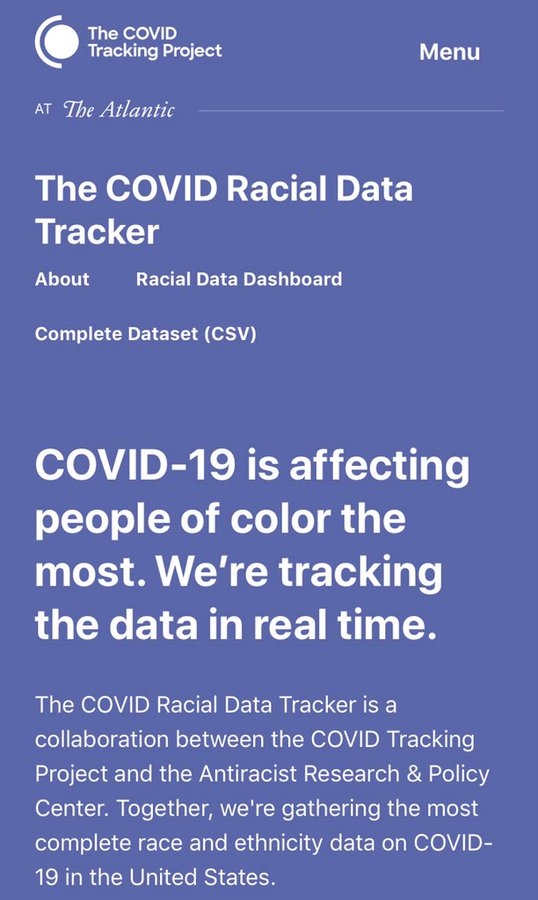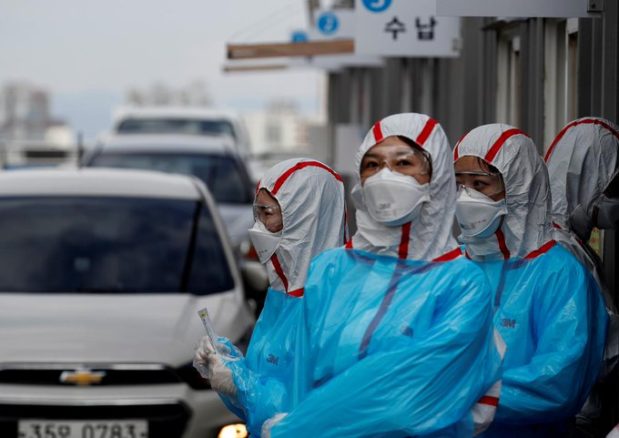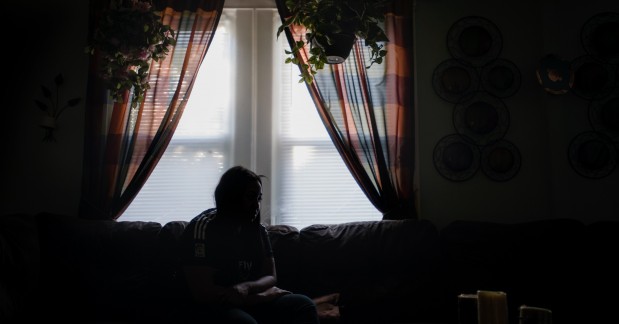To all of those now asking:
— Rhea Boyd MD, MPH (@RheaBoydMD) June 18, 2020
“What can we do about the racial health inequities emerging amid COVID-19?”
I’m starting a list, right here, that I invite my colleagues to add to.
Because remember, solutions to racism are clear. What we have lacked is courage and political will.
https://platform.twitter.com/widgets.js
COVID-19 is disproportionately impacting Hispanic/Latino populations across the country. A thread.
— Center for Antiracist Research (@AntiracismCtr) June 9, 2020
To see the data, visit our COVID #RacialDataTracker at https://t.co/50v67gWavp.#CRDT #BeAntiracist #COVID #COVID19 #Coronavirus pic.twitter.com/4pc9VO3zzF
https://platform.twitter.com/widgets.js
In Vermont, those whom this state has categorized as Black or African American constitute just 1% of the total population and account for 10% of the total confirmed COVID-19 cases in the state. To see more, visit our COVID #RacialDataTracker at https://t.co/50v67hdLmX.#CRDT pic.twitter.com/8RFIIEywJa
— Center for Antiracist Research (@AntiracismCtr) June 30, 2020






